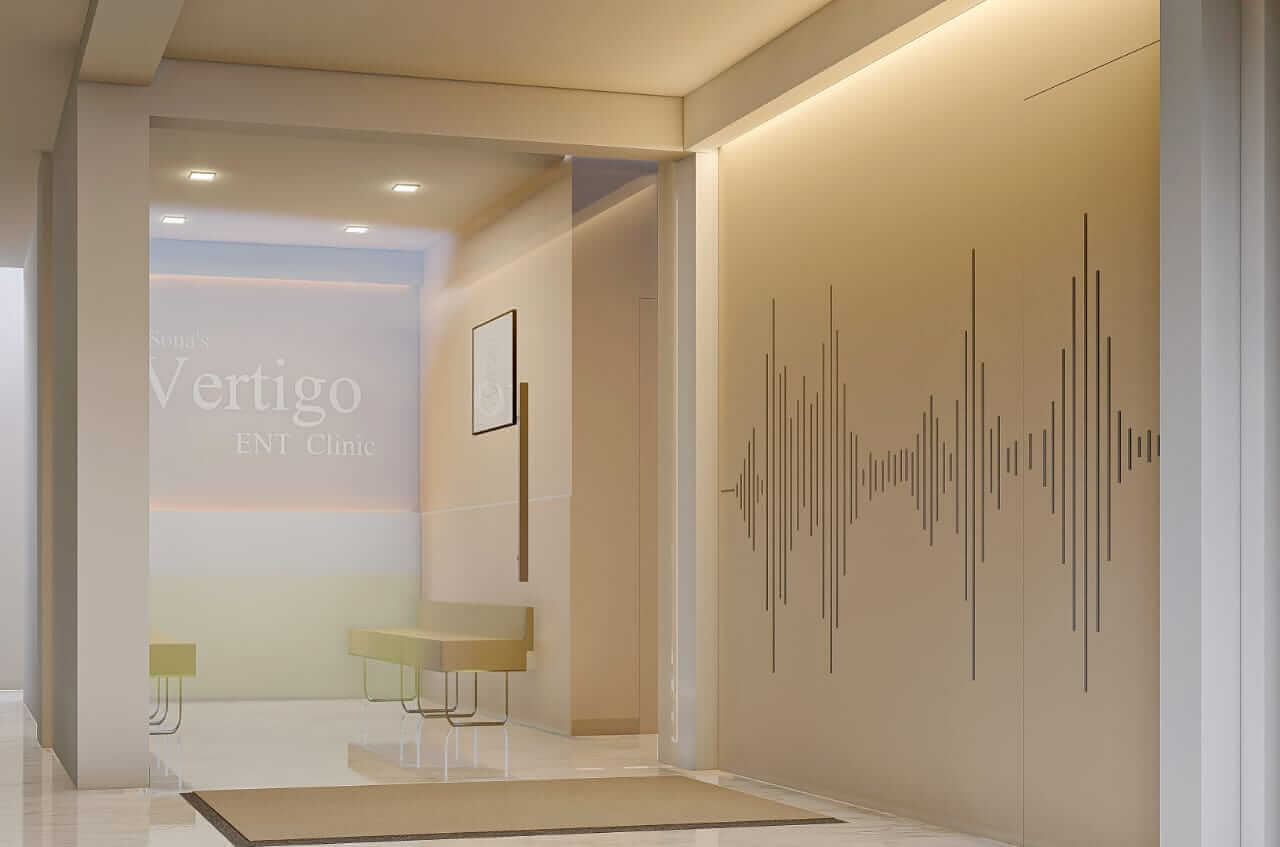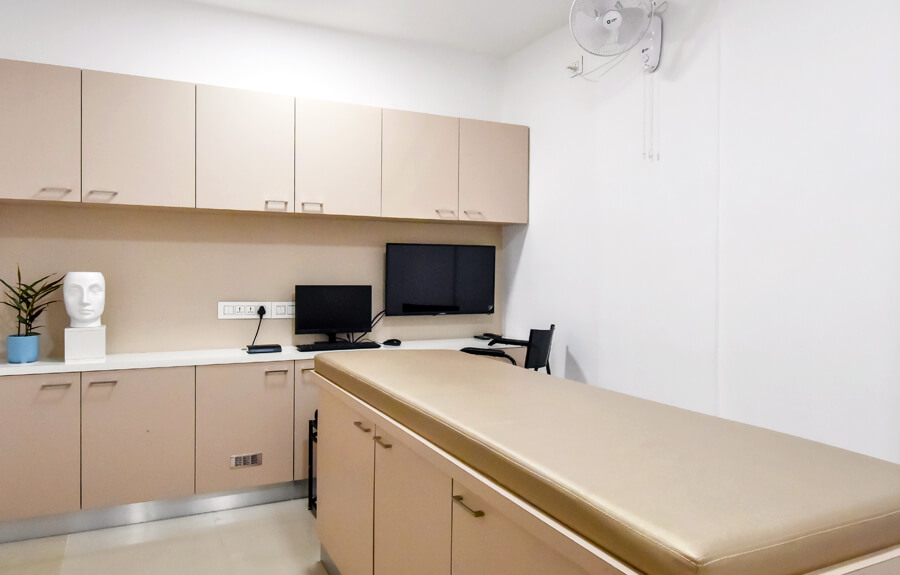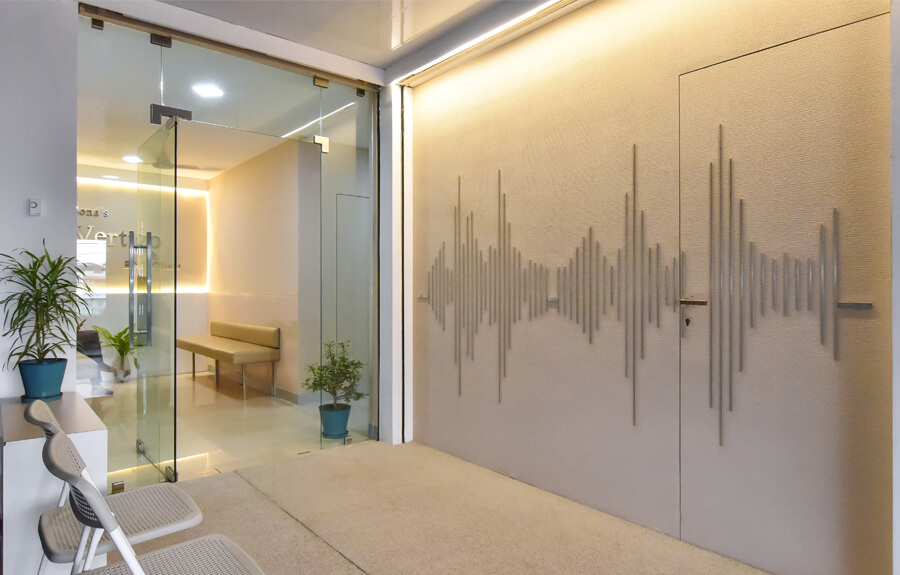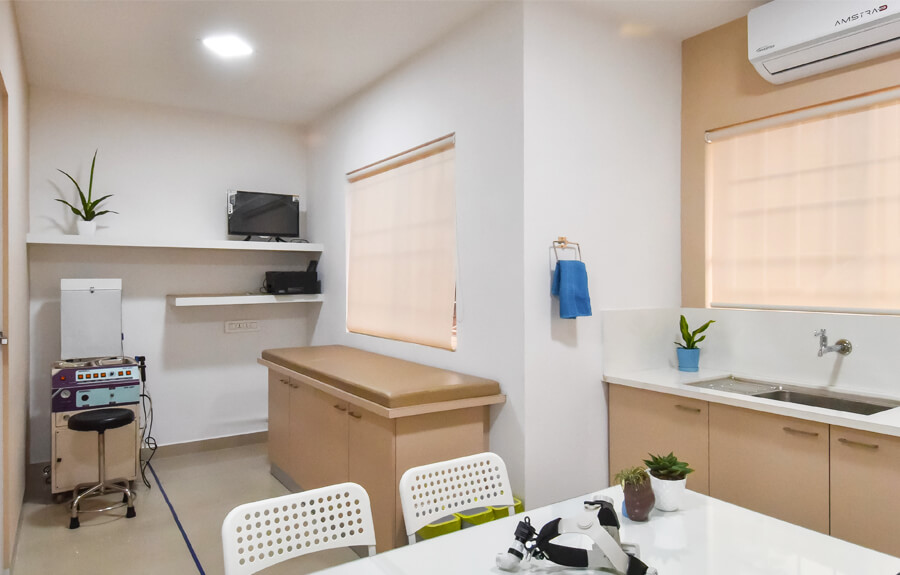BPPV
Benign paroxysmal positional vertigo is a very common cause of Vertigo.
It is often triggered by specific changes in head position leading to mechanical problems due to displacement of calcium crystals in the inner ear. It's seldom serious, unless it leads to the increased risk of falling.
Vestibular Migraine
It is a very common cause of vertigo in people with a history of migraine related symptoms. It’s caused by some neurovascular changes in the inner ear in these persons.
What differentiates it from traditional migraines is that you may not always have a headache.Other symptoms include neck pain, discomfort while bending or looking up, etc.
Vestibular Neuritis
It is the result of inflammation of your vestibular nerve, a nerve in the inner ear that provides information to your brain about balance.
When it is inflamed, the information doesn't make it, leading you to feel quite disoriented.
Labyrinthitis
When your inner ear gets infected or inflamed, it can cause a type of balance disorder known as labyrinthitis. Sometimes you can get it when you have an upper respiratory infection, like the flu.
Symptoms may include dizziness, nausea, and loss of hearing.
Usually it is caused by a virus, but it can also arise from bacterial infection, extreme stress, etc.
Vestibular paroxysmia
Also known as Microvascular compression syndrome (MVC ), is an episodic vestibular disease that presents itself with brief recurrent spells of vertigo.
This is a rare cause of vertigo.
Presbyvestibulopathy
Sometimes called Presbyvertigo, is mostly an age-related deterioration of vestibular functions. May lead to postural imbalance, gait disturbance, chronic dizziness and recurrent falls.
The diagnosis of PVP is based on the patient history, bedside examination and laboratory evaluation.
Superior canal dehiscence syndrome
SSCD is a rare condition that is due to an abnormal opening between the uppermost semi-circular canal in the inner ear and the cranial cavity.
They may experience vertigo on exposure to sound, straining during sneezing and coughing.
Acoustic neuroma
It is a benign tumour that develops on the vestibular and cochlear nerves leading from your inner ear to the brain. The pressure that is exerted on the nerves by the tumour may cause hearing loss as well as imbalance.
Stroke
Brain stem strokes can have complex symptoms, and they can be difficult to diagnose. A person may have vertigo, dizziness and severe imbalance without the distinctive feature of most strokes — weakness of one side of the body.
A brain stem stroke can also cause double vision, slurred speech and decreased level of consciousness.
Multiple sclerosis
It is a disease in which the immune system eats away the protective covering of nerves. It in turn causes communication issues between your brain and the rest of the body. Lesions in the brain stem and cerebellum can cause Vertigo.
Cerebellar disorders
The main clinical features of Cerebellar disorders include lack of coordination, imbalance, and trouble with stabilizing eye movement.VNG may show specific signs of a cerebellar disorder.










